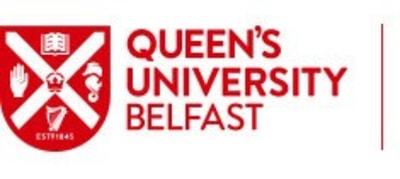
PhD in Food Safety and Biotechnology
Queen's University of Belfast - Medical Faculty

Key Information
Campus location
Belfast, United Kingdom
Languages
English
Study format
On-Campus
Duration
3 - 4 years
Pace
Full time, Part time
Tuition fees
Request Info
Application deadline
Request Info
Earliest start date
Sep 2024
Introduction
Research Strategies
This programme focuses on applied aspects of advanced and emerging analytical technologies to address current issues in food safety, nutrition, and food supply. It covers the entire food chain from farm to fork and places a strong emphasis on the link between improved food safety and nutrition and improved public health.
Research Strengths
- Advanced and emerging technological and analytical platforms (biosensors, isotopic and comics)
- Animal food and feed safety
- Animal health and disease diagnostics
- Global food security
- Food and nutrition metabolomics
- Food and nutrition quality measurements
- Food chemistry
- Food safety detection methodology
- Food traceability and authenticity
- Immunodiagnostics for food contaminant and toxin detection
- Natural compounds and their health applications
- Novel and functional foods
- Therapeutic biomolecules
Special features
- Students will be based in modern, world-class laboratory facilities equipped with state-of-the-art, highly advanced analytical instruments.
- Students will gain excellent practical experience of advanced and emerging analytical techniques for food safety analysis and monitoring.
- The School has a wide range of strong, international links with governments, academia, and industry.
Admissions
Career Opportunities
Queen's postgraduates reap exceptional benefits. Unique initiatives, such as Degree Plus and Researcher Plus bolster our commitment to employability, while innovative leadership and executive programmes alongside sterling integration with business experts help our students gain key leadership positions both nationally and internationally.
Queen's postgraduates reap exceptional benefits. Unique initiatives, such as Degree Plus and Researcher Plus bolster our commitment to employability, while innovative leadership and executive programmes alongside sterling integration with business experts help our students gain key leadership positions both nationally and internationally.